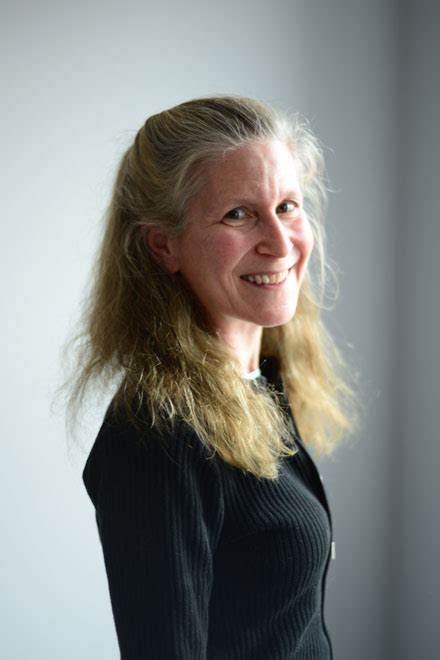A Quote by Sally Lloyd-Jones
If you write for children with respect and treat them with dignity - you'll capture the adults as well. Children deserve nothing but our very best. Nothing but excellence will do for the young, because the responsibility is greater. We write up for children, never down.
Related Quotes
The new concept of the child as equal and the new integration of children into adult life has helped bring about a gradual but certain erosion of these boundaries that once separated the world of children from the word of adults, boundaries that allowed adults to treat children differently than they treated other adults because they understood that children are different.
I'm always loath to make generalizations about what is for children and what isn't. Certainly children's literature as a genre has some restrictions, so certain things will never pop up in a Snicket book. But I didn't know anything about writing for children when I started - this is the theme of naïveté creeping up on us once more - and I sort of still don't, and I'm happy that adults are reading them as well as children.
Young children learn in a different manner from that of older children and adults, yet we can teach them many things if we adapt our materials and mode of instruction to their level of ability. But we miseducate young children when we assume that their learning abilities are comparable to those of older children and that they can be taught with materials and with the same instructional procedures appropriate to school-age children.
Although we like to think of young children's lives as free of troubles, they are in fact filled with disappointment and frustration. Children wish for so much, but can arrange so little of their own lives, which are so often dominated by adults without sympathy for the children's priorities. That is why children have a much greater need for daydreams than adults do. And because their lives have been relatively limited they have a greater need for material from which to form daydreams.
Anyone who writes down to children is simply wasting his time. You have to write up, not down. Children are demanding. They are the most attentive, curious, eager, observant, sensitive, quick, and generally congenial readers on earth.... Children are game for anything. I throw them hard words and they backhand them across the net.
The one concession I've made as I've gotten older is that my children are now adults and they're in their twenties and thirties and so I'm careful about how I write about them. I may write about them as a child, but I'm not going to write about their current struggles because they're adults and they can do it for themselves. I want to give them some space in a way I didn't when they were younger.






































